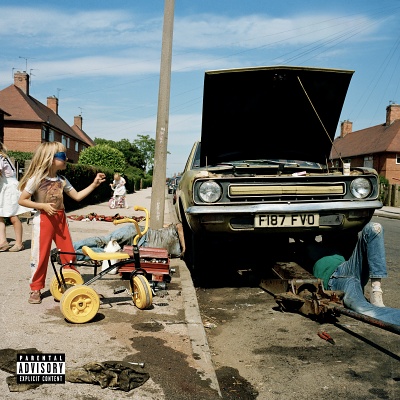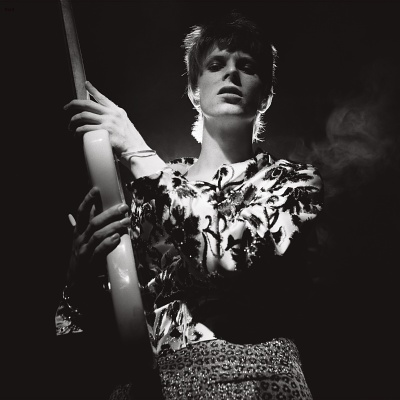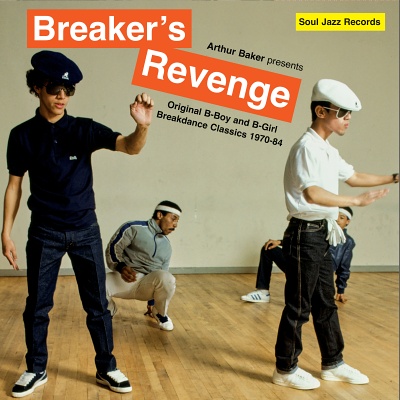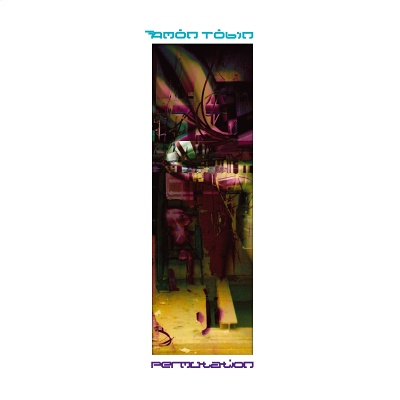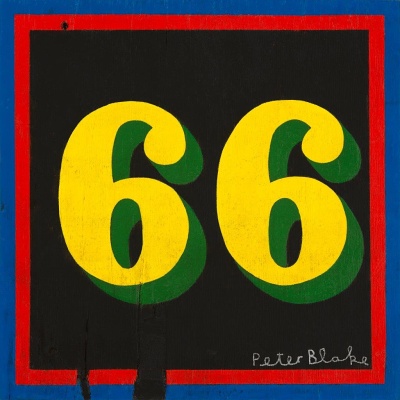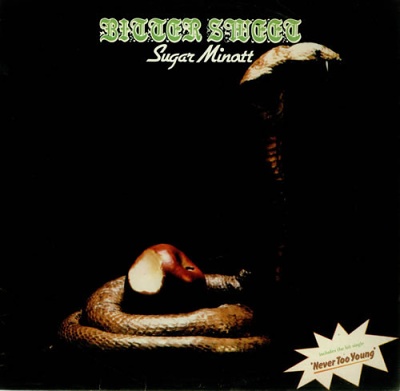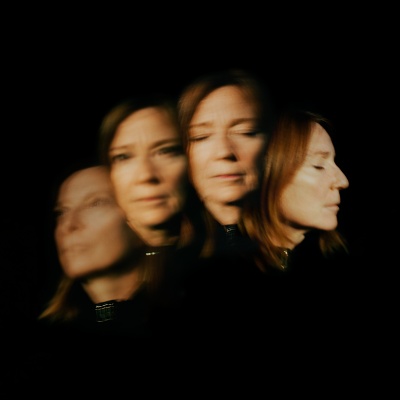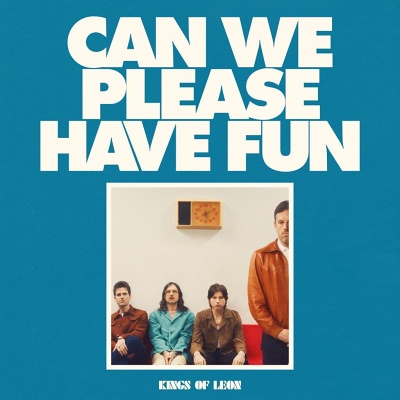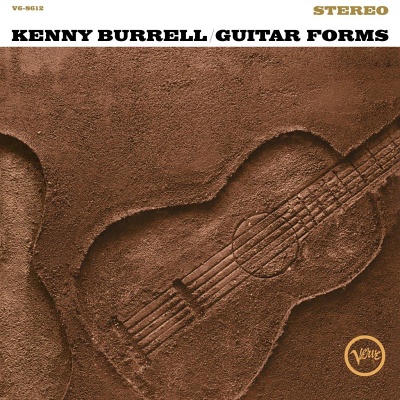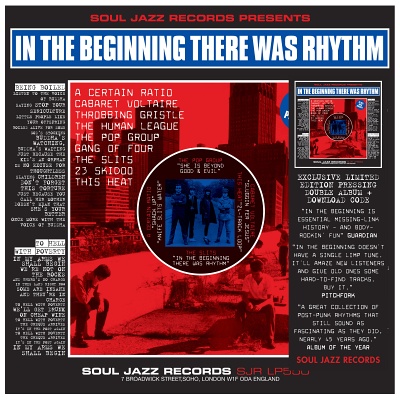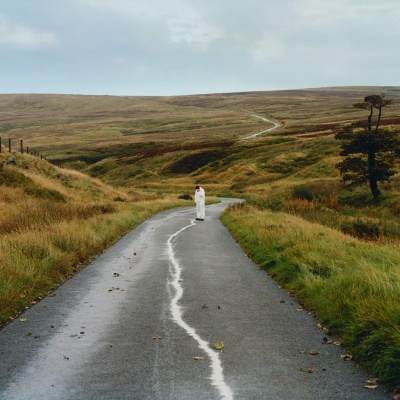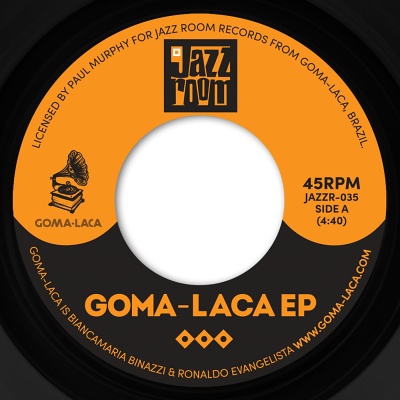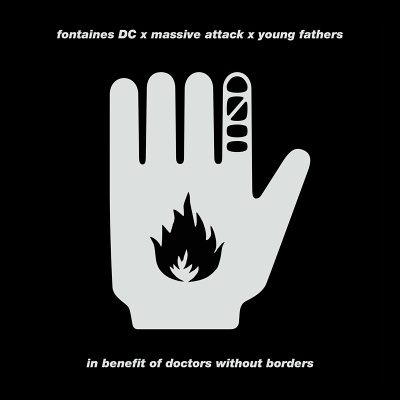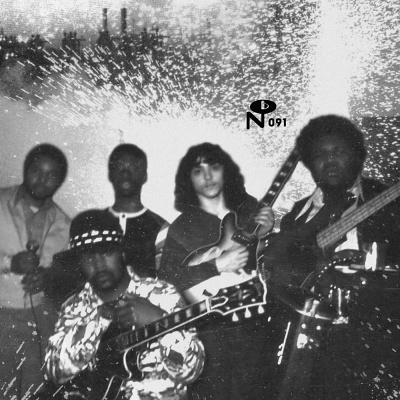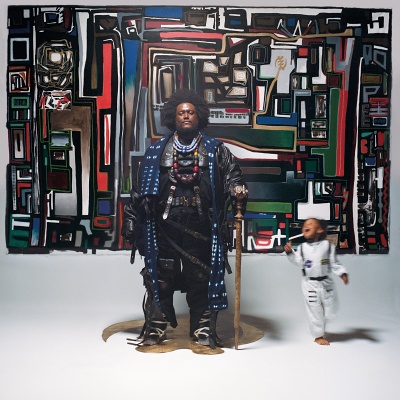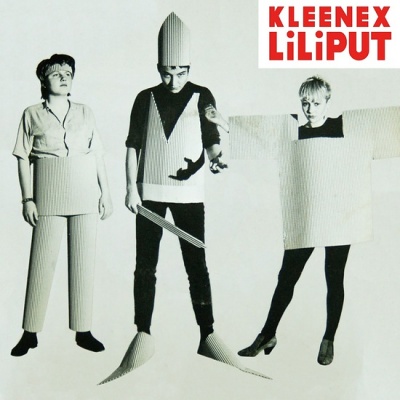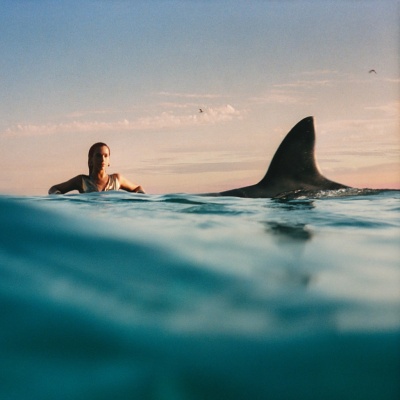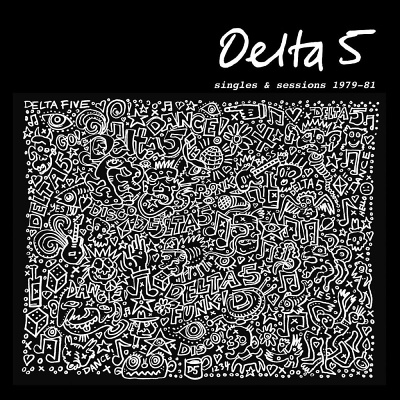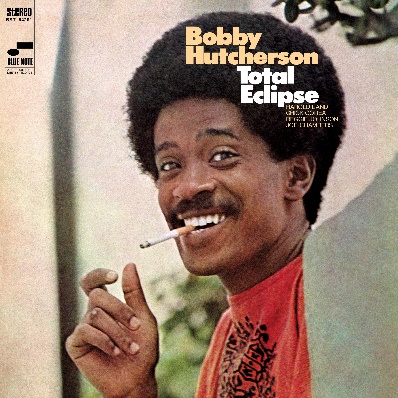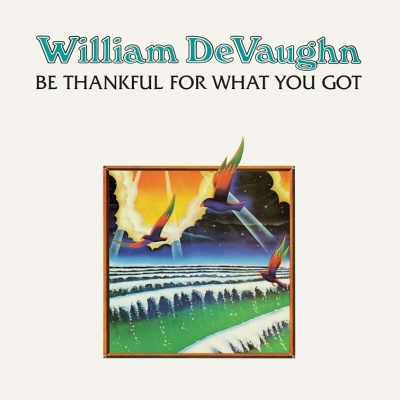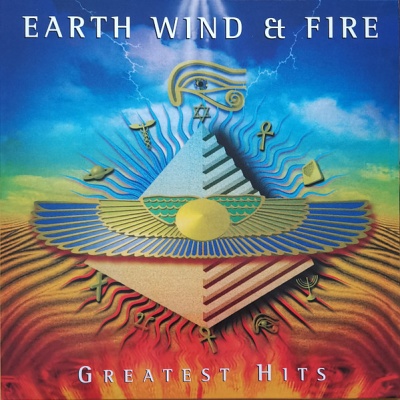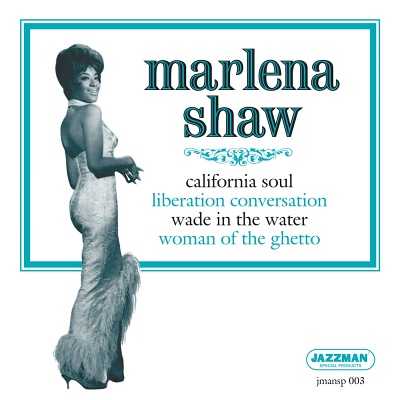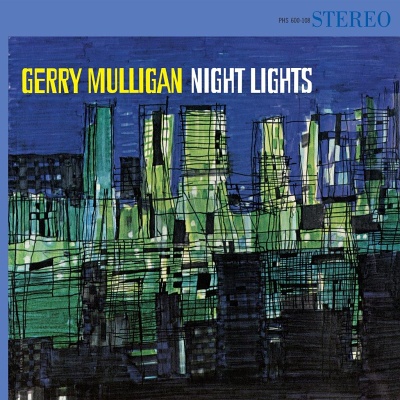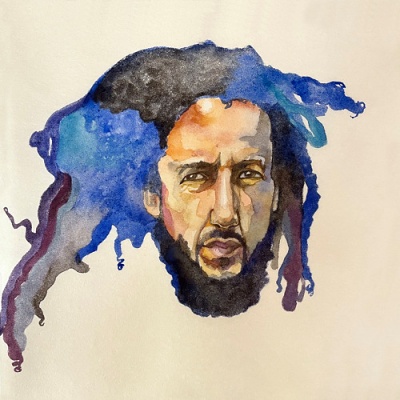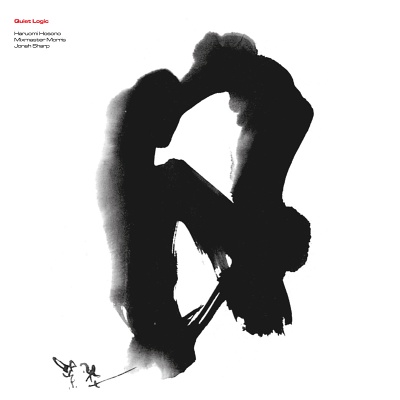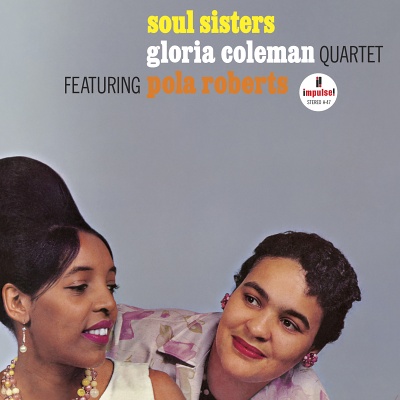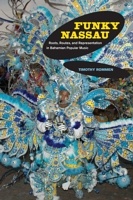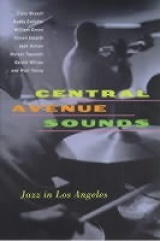
- Book (850g) 9780520220980£29.95Out of stock Notify me when this item is released/available
The musical and social history of Los Angeles's black community from the 1920s through the early 1950s is examined in this oral history collection. Through the voices of musicians who performed on L.A.'s Central Avenue during those years, a picture of the Avenue's place in American musical history emerges. By day, Central Avenue was the economic and social centre for black Angelenos.
By night, it was a magnet for Southern Californians, black and white, who wanted to hear the very latest in jazz. The oral histories in this book provide firsthand reminiscences by and about some of the great jazz legends: Art Farmer recalls the first time Charlie Parker and Dizzy Gillespie played bebop on the West Coast; Britt Woodman tells of a teenaged Charles Mingus switching from cello to bass; and Clora Bryant recalls hard times on the road with Billie Holiday. Here too are recollections of Hollywood's effects on local culture, the precedent-setting merger of the black and white musicians' unions, and the repercussions from the racism in the Los Angeles Police Department in the late 1940s and early 1950s.


